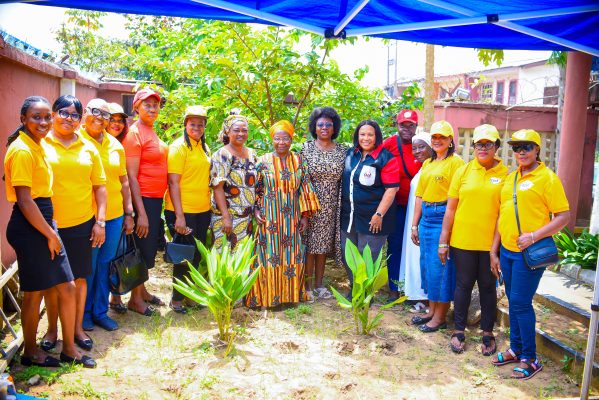The Training for Transformation (TFT) movement is deepening its presence in Nigeria, with leaders pushing for a shift in how development and leadership are approached in vulnerable communities.
The initiative, which began in South Africa during the apartheid era, uses community education to build local leadership and confront systemic inequality.
Speaking at a TFT gathering in Lagos, the former international director of the movement, Ms. Ntombi Nyathi Zindanele said the training is built to awaken individual and community power. “We are not neutral. We are for the deprived. Our position is with those on the periphery of society, the ones they tell they are stupid, they are lazy, they don’t know.”
Zindanele, who mentors regional teams, said what she witnessed in Owo exceeded expectations. “What I saw here is a prototype the United Nations should study. They learn, they create, they process, and they export. That is transformation. I had told myself that if I ever write a book on my time as TFT Director, I must first visit Nigeria. Now, I will take my pen and write.”
TFT was founded by South African anti-apartheid activists Anne Hope and Sally Timmel and draws heavily from the educational model of Paulo Freire, focusing on critical thinking, questioning of power structures, and transformation from the grassroots. Originally exclusive to women, the training now includes both men and women across various countries.
The Nigerian arm of TFT was brought into the country by a TFT trainee turned facilitator, Mrs. Oluwatosin Adebowale-Oladosu in 2010. “I was not the first person to attend Training for Transformation, but I believe that I am the first person to say, no, this good thing must come to Nigeria,” Adebowale said.
Mrs. Adebowale founded the Transformation Centre in Nigeria in 2013 and has since led multiple trainings across the country. One striking result of the movement’s influence is Sister City, a self-sustaining community in Owo housing more than two dozen vulnerable women and girls. “We produce our own food, run skill acquisition centres, and process local crops like yam and plantain into flour. Everything we do is based on what I learned from TFT in South Africa, but this is a personal project, not owned by the movement itself.”
TFT facilitator and pastor with the Redeemed Christian Church of God, Elizabeth Adeyemi highlighted the real-life impact of the model on marginalised individuals. “There was one lady we picked who was dying of HIV. She was treated and is now about to graduate from LASU.”
TFT now operates in more than 20 countries. Nigerian organisers say their long-term goal is to influence national development thinking, especially among policymakers. “Our dream is that instead of going to big hotels for retreats, leaders in Nigeria will come to Sister City, stay two weeks, and have their hearts broken open,” Adeyemi added.



